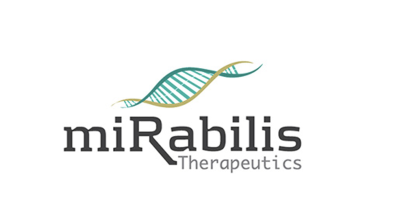Assisted delivery of RNA therapeutics for cardiac applications
The recognition of microRNAs as potential therapeutic targets marks the principal step towards new therapeutic concepts that we address in heart failure. In this project, the aim is to expedite an accurate transition of knowledge from bench to bedside and transformation of RNA therapeutics into a clinical reality. Maastricht University was the first to successfully employ chemically stabilised short oligonucleotides that allow the sustained knockdown of an endogenous microRNA in the adult mouse and porcine heart in vivo, leading to profound protective effects against the development of heart failure. Mirabilis Therapeutics BV, a Maastricht-based spinoff Biotech company aimed at advancing microRNA-targeting molecules towards clinical reality, has optimised the pharmacological and chemical properties of the RNA therapeutic drug and optimised its delivery and routes to the heart. Heart failure is a serious clinical disorder that represents the primary cause of hospitalisation and death worldwide. A complex web of interconnected signalling pathways and microRNAs has been implicated in the disease and by counteracting the amount and activity of single microRNAs in the heart, it was demonstrated that it is possible to prevent, delay and even reverse heart failure in robust animal models of disease. RNA therapeutics has demonstrated encouraging safety/toxicology profiles and has advanced to FDA approval and clinical application several times.
As microRNAs are one of the main components of extracellular vesicles (EVs), in the past few years, several research lines were initiated at Maastricht University to study EV biology in the context of HF and currently the potential of these EVs as a new method of targeted-microRNA delivery is being investigated. Despite the promising results obtained thus far with EVs, poor targeting and delivery to the myocardium hinders their clinical application. Here, the aim lies at targeted delivery of microRNA-containing EVs to improve their retention into the injured heart and ultimately improve cardiac function.


